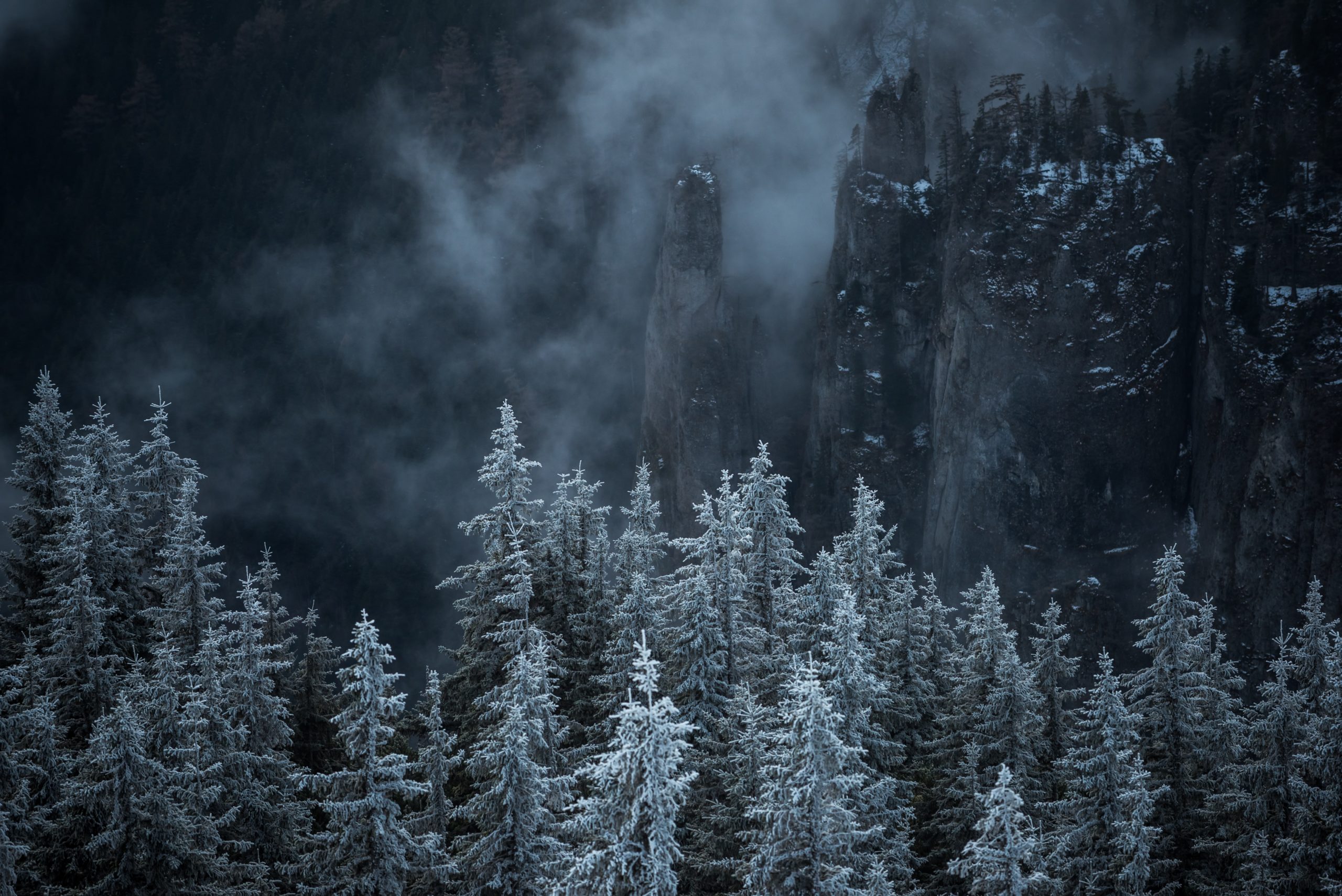[Ecodharma] Why we need Indigenous wisdom (One Earth Sangha)
Collapse
X
-
Hmmm. I will challenge the article somewhat, as presenting an extremely idealized version of indigenous lifestyles and common attitudes toward nature. The main reason that most indigenous people did not do more damage to the environment was because there were so few indigenous people, for example, in the case of "slash and burn" agriculture. Also, in the amount of hunting that was done.
Gassho, JNot always but mostly: Native Americans living in harmony with nature
It’s often said that Native Americans have always lived in harmony with nature, understanding how to live sustainably with Mother Earth. This is partially a myth, but one that we embrace, because it is very much our goal today to restore our connection to Mother Earth.
... The truth is that Native Americans have been and remain normal people, quite capable of mistakes and not always living in harmony with nature. The first humans in North America unquestionably played a role (along with a changing climate) in the mass extinction of large megafauna—overhunting mammoths, mastodons, giant buffalo, giant sloths, giant armadillos, and dozens of other species to extinction. This happened in the first few thousand years after humans arrived in Europe, Asia, and Australasia. The pattern was identical in North and South America.
...
Stephen Carr Hampton is an enrolled citizen of Cherokee Nation, an avid birder since age 7, and a former resource economist for the California Department of Fish & Game, where he worked as a tribal liaison and conducted natural resource damage assessments and oversaw environmental restoration projects after oil spills. He writes most often about Native history and contemporary issues, birds, and climate change.
stlahALL OF LIFE IS OUR TEMPLEComment
-
This is true, however it is also true that indigenous people tend to live in a much closer relationship to the environment. My main point in this is that they are often marginalised when it comes to making decisions about the future of their environment, and many developed nations have far less qualms about exploiting areas inhabited by indigenous people than those inhabited by settlers.Hmmm. I will challenge the article somewhat, as presenting an extremely idealized version of indigenous lifestyles and common attitudes toward nature. The main reason that most indigenous people did not do more damage to the environment was because there were so few indigenous people, for example, in the case of "slash and burn" agriculture. Also, in the amount of hunting that was done.
Gassho
Kokuu
-sattoday-Comment
-
I think it's true we need to be careful that we don't overly romanticise indigenous people, and very careful we don't fall into unwittingly furthering the concept of the noble savage. But as the same article goes on to say:
Nevertheless, the stereotype is based on truth. Especially relative to ambient white culture, Native American communities are connected to the land in profound cultural and spiritual ways and are striving to retain and restore that connection. For many, reconnecting with tribal ways, invariably with a strong connection to nature, is a major pathway out of historical trauma. It’s often said that Native Americans have always lived in harmony with nature, understanding how to live sustainably with Mother Earth. This is partially a myth, but one that we embrace, bec…
It’s often said that Native Americans have always lived in harmony with nature, understanding how to live sustainably with Mother Earth. This is partially a myth, but one that we embrace, bec…
And as a UN report stated:
Indigenous peoples are among the first to face the direct consequences of climate change, due to their dependence upon, and close relationship, with the environment and its resources. Climate change exacerbates the difficulties already faced by indigenous communities including political and economic marginalization, loss of land and resources, human rights violations, discrimination and unemployment.
So with both these points in mind we can learn from the attempts of indigenous people to (re)connect with the land and help, in our own small ways, limit the impact on the most vulnerable, and all other living beings.
Gassho,
HeisoComment


Comment